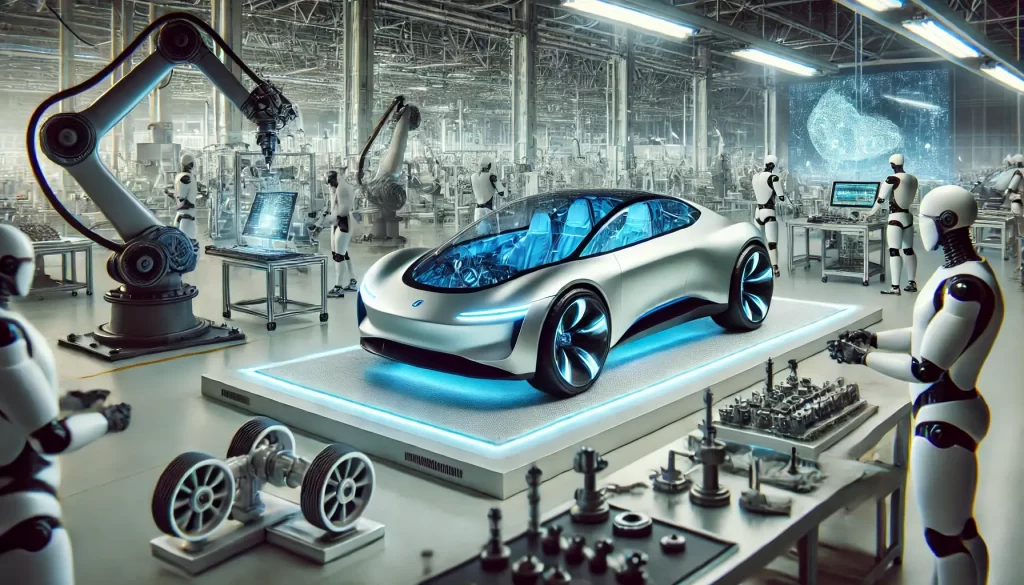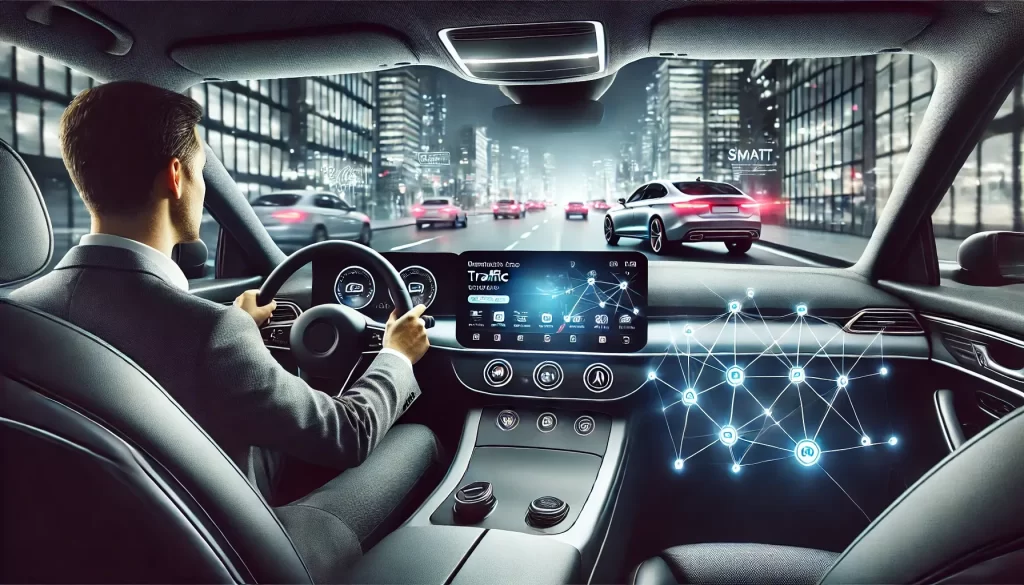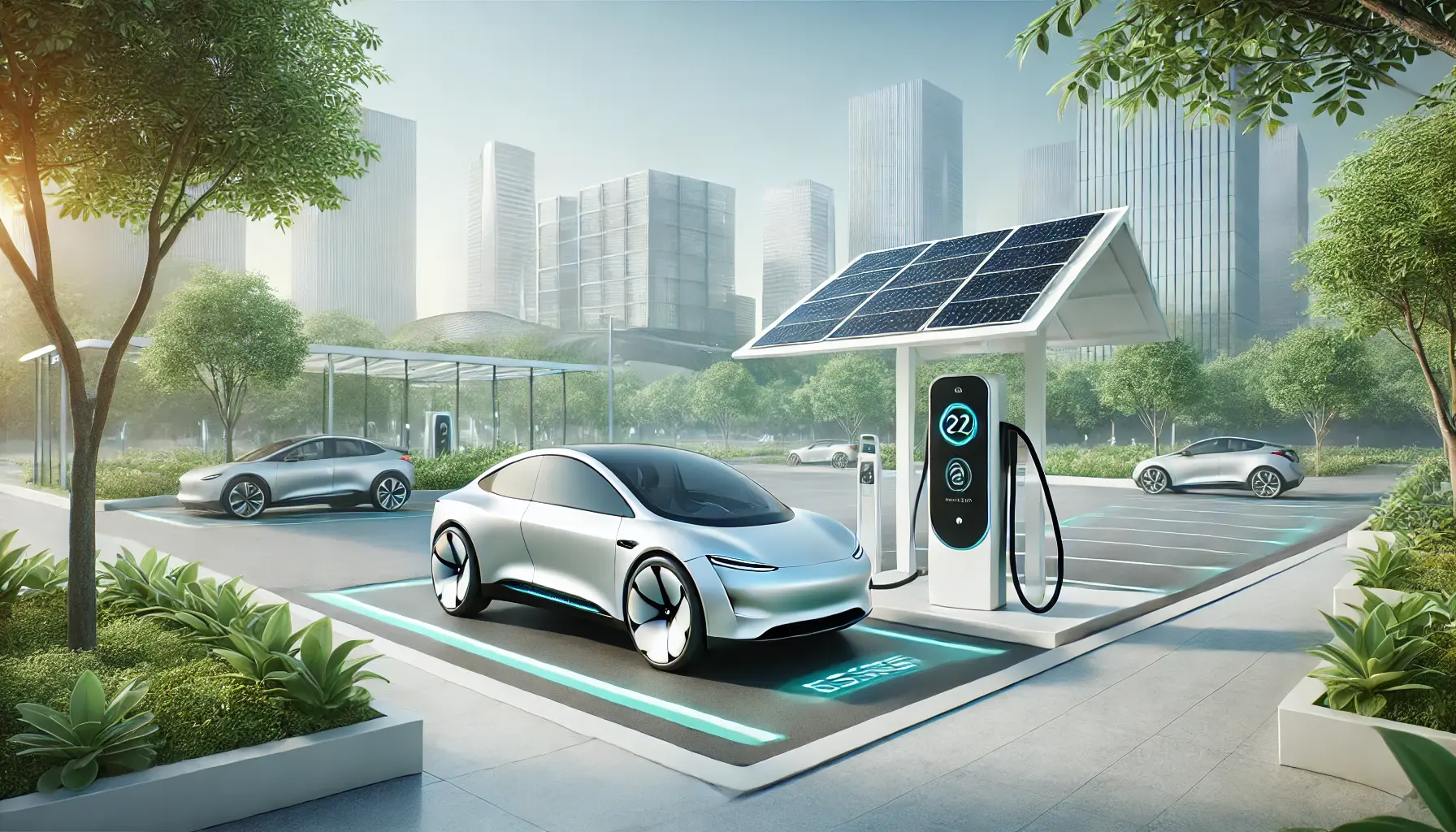Future Changes in Automobile Technology Are Likely to Include Astonishing Breakthroughs
Table of Contents
The future changes in automobile technology are likely to include astonishing breakthroughs that will reshape how we perceive transportation. These developments will drastically change our daily lives as the automotive industry develops. To keep you updated on the future of driving, we’ll examine the main areas—from electric cars to sustainable materials—where these changes are anticipated to happen in this post.
Electric Vehicles: Future Changes in Automobile Technology

One of the most impactful future changes in automobile technology is the rise of electric vehicles (EVs). With increasing concerns about environmental sustainability, electric vehicles are set to become the standard. These cars run on electricity, producing zero emissions, making them essential to reducing our carbon footprint.
Affordable and Accessible Electric Vehicles
As the demand for electric vehicles grows, future changes in automobile technology are likely to include more affordable and accessible options. Mass production and technological advancements in batteries will drive down prices, opening up EVs to a wider variety of buyers. This change will incentivize more individuals to select electric automobiles over conventional ones.
Expanding Charging Infrastructure for Electric Vehicles
Another vital aspect of the future changes in automobile technology is the expansion of charging infrastructure. More charging stations in public places, residential areas, and workplaces will make owning an electric vehicle more convenient. This development is crucial for the widespread adoption of EVs.
Autonomous Driving: An Overview of Upcoming Developments in Automotive Technology

Autonomous driving represents one of the most exciting future changes in automobile technology. Autonomous vehicles are evolving from a theory to a practicality. These vehicles use advanced sensors and algorithms to navigate roads, offering a safer and more efficient driving experience.
Enhanced Safety Features in Autonomous Vehicles
Improved safety measures via autonomous driving are probably among the upcoming developments in automotive technology. With self-driving cars, the risk of human error, such as distracted or impaired driving, will be minimized.The likelihood of accidents is greatly decreased by these vehicles because they are made to recognize impediments and react faster than human drivers.
Reducing Traffic Congestion with Autonomous Driving
Autonomous vehicles are also expected to reduce traffic congestion. Through mutual communication and route optimization, these vehicles can guarantee a more efficient traffic flow, averting bottlenecks and delays. This advancement is a critical component of the future changes in automobile technology aimed at improving our daily commutes.
Connected Cars: The Future of Automobile Technology
Connected cars are another significant aspect of the future changes in automobile technology. These vehicles have internet access and can communicate with other devices, making them a central part of the Internet of Things (IoT). Connected cars offer a range of benefits, from improved navigation to enhanced entertainment options.
Real-Time Traffic Updates in Connected Cars
One of the most practical features of connected cars is receiving real-time traffic updates. By accessing live data, these vehicles can alert drivers to traffic delays, accidents, and road closures, helping them find the quickest and most efficient route to their destination.
Advanced Driver Assistance Systems (ADAS) in Connected Cars
Connected cars are also likely to include advanced driver assistance systems (ADAS), which provide features like lane-keeping assistance, adaptive cruise control, and automated parking. By lessening the strain on the driver and lowering the possibility of accidents, these systems are intended to make driving simpler and safer.
Sustainable Materials: Future Changes in Automobile Technology
Sustainability is starting to take precedence in the automobile sector as it looks to the future. Future changes in automobile technology are likely to include the use of sustainable materials in car manufacturing. These materials not only lessen the industry’s overall carbon footprint, but they are also beneficial for the environment.
Recycled and Biodegradable Materials in Automobile Manufacturing
Car manufacturers increasingly turn to recycled and biodegradable materials to build their vehicles. From using recycled plastics to creating car interiors from plant-based materials, these innovations are helping to reduce waste and promote a circular economy. This shift towards sustainable materials is a significant step towards a greener future.
Lightweight Materials for Better Efficiency
Another exciting development is using lightweight materials, such as carbon fibre and aluminium, to improve a car’s fuel efficiency. Lighter cars may go farther on less gasoline or battery power since they require less energy to move. This development lowers fuel expenses for drivers and helps the environment.
Also Read: Future Technology 2050: Unbelievable Innovations You Can’t Ignore
Hydrogen Fuel Cells: An Innovative Approach to Vehicle Technology
While electric vehicles are leading the charge in sustainable transportation, hydrogen fuel cells are emerging as a promising alternative. Future changes in automobile technology are likely to include the widespread adoption of hydrogen-powered cars, which produce only water as a byproduct.
Clean and Efficient Energy with Hydrogen Fuel Cells
Vehicles can use hydrogen fuel cells as a clean and effective energy source. Unlike traditional internal combustion engines, hydrogen-powered cars emit zero pollutants, making them an attractive option for environmentally conscious drivers. Additionally, these vehicles can be refuelled quickly, similar to gasoline-powered cars, offering the convenience of quick stops without emissions.
Expanding Hydrogen Infrastructure
In order for hydrogen fuel cells to become widely used, more refueling infrastructure is required. In the coming years, we can expect to see more hydrogen refuelling stations being built, particularly in urban areas and along major highways. A wider spectrum of consumers will find hydrogen-powered vehicles to be a more attractive alternative as a result of this growth.
Future developments in automotive technology are probably going to bring us some very amazing discoveries that will completely revolutionize the way we think about transportation. These innovations promise to create a safer, more efficient, and environmentally friendly future, from electric and autonomous vehicles to connected cars and sustainable materials. It’s obvious that the automotive sector is about to undergo a transformation that will benefit both drivers and the environment when we look to the future. Accepting these adjustments will improve our driving experience and make the globe healthier and more environmentally friendly.



